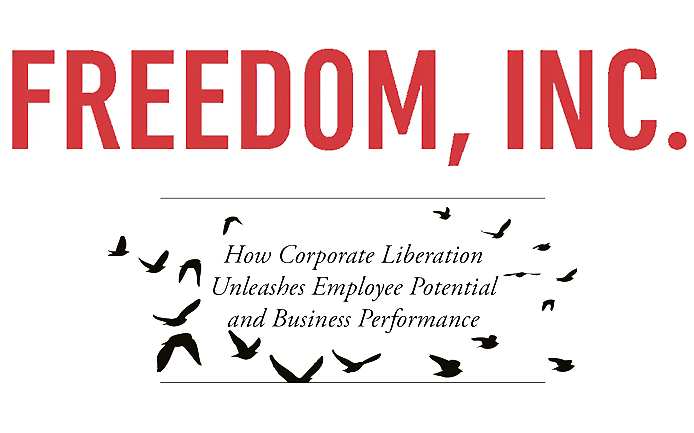Why your employees hate their jobs (and how to sort it)
There is a universal human need for responsibility and freedom.
by Isaac Getz
Published: 12 Mar 2020
Humans by nature like to be in control. It’s a behaviour that kept us alive from our earliest pre-history. So when there’s a lack of it, it can trigger anger or anxiety.
Our immediate response is to engage the fight or flight response.
This is helpful in short bursts when fighting wolves or running from bears but it also leads to an increase in adrenaline, blood pressure and heart rate, which can be destructive if sustained.
In the worst cases, it can lead to stomach disorders, back pain, musculoskeletal problems, headaches, skin problems, loss of sleep and energy, and emotional distress.
Workplace stressors are recognised today as a key contributor in 75 per cent to 90 per cent of all GP visits and, according to the Health and Safety Executive, it is estimated that, in 2018/2019, 12.8 million working days were lost in the UK due to poor mental health. The cost to a business’s bottom line is just as stark, estimated by two separate studies for US businesses, at between $150 billion and $300 billion per year.
At the root of this is a universal human need for responsibility and freedom. In bureaucratic organisations, only those people with control – managers – have the ability to, partially at least, escape from procedures. Those employees at the bottom of the hierarchy have their need for control over their tasks denied.
You can read the full text here







